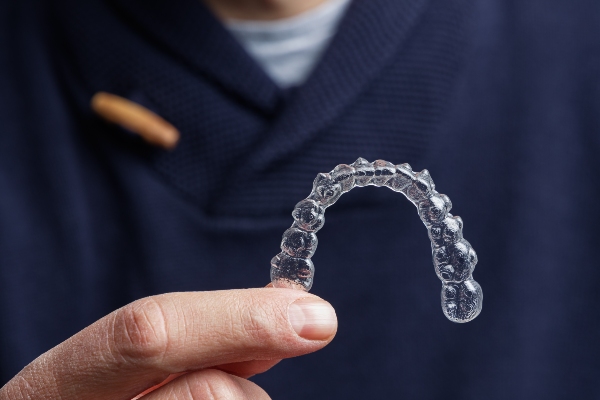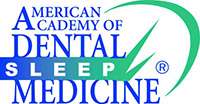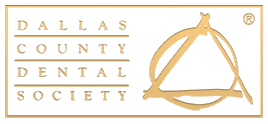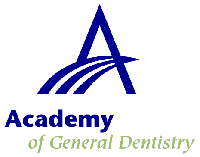Top Treatments a Sleep Apnea Dentist Might Recommend
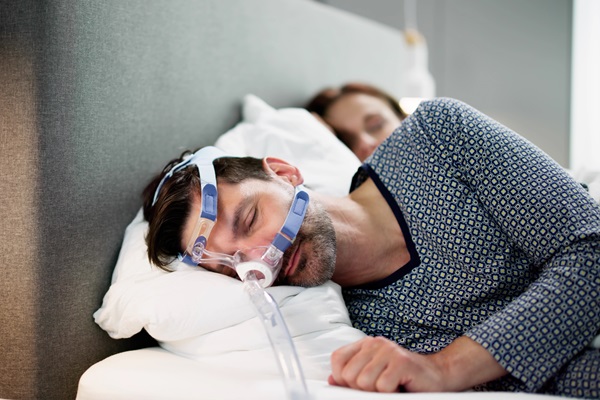
Sleep apnea treatments can significantly improve energy, focus, and general well-being. Dentists strive to help patients experience substantial relief and improved sleep through tailored treatment solutions. From comfortable oral appliances to collaborative care plans, these dental providers take a proactive approach to helping you get better rest.
A closer look at sleep apnea
Sleep apnea is a common condition that disrupts breathing during sleep, often unbeknown to the patient. The most common type is obstructive sleep apnea (OSA), which occurs when the muscles in the throat relax and block the airway. Less common is central sleep apnea (CSA). There is no blockage with CSA, but the brain cannot properly control breathing muscles. Some patients have a combination of both types.
Many patients with sleep apnea experience symptoms such as:
- Loud snoring
- Pauses in breathing
- Gasping for air or choking
- Dry mouth
- Morning headaches
- Fatigue
- Difficulty concentrating
Fortunately, diagnosis is straightforward with a sleep study, taking place either at home or in a lab. This process provides access to highly effective treatments. Addressing sleep apnea early improves both rest and contributes to better heart health, blood pressure, and mood.
Top sleep apnea treatments from a dentist
General dentists who treat sleep apnea provide non-invasive solutions that make a meaningful difference every time the patient’s head hits the pillow. Although there are several options, the goal of each option is to help keep the airway open and breathing steady throughout the night. Below are the leading treatments a dentist may recommend for patients with sleep apnea.
Airway pressure devices
Airway pressure devices, particularly continuous positive airway pressure (CPAP) machines, are widely recognized as one of the most effective ways to treat moderate to severe obstructive sleep apnea. These machines deliver a gentle, steady flow of air through a mask that keeps the airway open while sleeping.
Although CPAP machines are typically managed by sleep specialists, dentists play an important support role. They help address oral structure issues that may affect mask comfort and can recommend alternatives for those who find CPAP difficult to use consistently. With proper support, many patients find success with this treatment option.
Oral appliances
One of the most popular and practical dental treatments for sleep apnea is the use of custom oral appliances. These devices are small, portable, and easy to use. As a result, they are an appealing choice for patients seeking an alternative to CPAP therapy. Two common types include mandibular advancement devices (MADs), which reposition the jaw, and tongue-retaining devices (TRDs), which help prevent the tongue from blocking the airway.
Oral appliances are effective for those with mild to moderate OSA and are often well-tolerated by patients who find CPAP machines uncomfortable. The fitting process is simple, involving impressions or digital scans to ensure a precise, comfortable fit. Regular follow-ups with a general dentist help fine-tune the device and monitor its impact on sleep and patient health. Many patients report feeling more refreshed, focused, and energized after just a few weeks of use.
Surgical procedures
For some patients, especially those with severe sleep apnea or specific structural concerns, a general dentist may recommend surgical treatment. This option is a possibility when other treatments do not provide sufficient relief or when anatomical issues limit the success of non-invasive approaches. While not the first step, surgery for sleep apnea offers targeted solutions that can significantly improve airflow and sleep quality
Common surgical treatments for sleep apnea include:
- Tissue removal or shrinkage. Procedures like uvulopalatopharyngoplasty (UPPP surgery) remove or shrink soft tissue to open the airway.
- Jaw repositioning. Also known as maxillomandibular advancement (MMA) surgery, this approach repositions the jaw to create more space in the airway.
- Sleep apnea implants. Procedures in which small implants are placed in the soft palate to help keep it firm and reduce vibration and collapse.
- Nerve stimulation. A device is implanted to stimulate the hypoglossal nerve, which controls tongue movement, promoting proper tongue positioning and preventing airway blockage.
- Tracheostomy. In very rare and severe cases, a direct airway may be created through the neck to bypass obstructions entirely.
Although dentists do not always perform these procedures, they can refer the patient to a specialist who can. Before referral, they will evaluate the patient’s needs, goals, and overall health. Dentists can also work alongside these specialists to provide their patients with comprehensive care. With the right team of dental, sleep, and medical professionals, surgery can be a valuable step toward better sleep and vitality.
Consult a dentist about sleep apnea treatment
Sleep apnea treatments from a dentist can help minimize the impact of the condition on your daily life. Whether it is through oral appliances or another approach, Stone Canyon Dental can help patients enjoy the benefits of better sleep. Contact our Sunnyvale team today to schedule an appointment.
Request an appointment here: https://stonecanyondental.com or call Stone Canyon Dental at (972) 226-6655 for an appointment in our Sunnyvale office.
Check out what others are saying about our dental services on Yelp: Do I Have Sleep Apnea in Sunnyvale, TX.
Recent Posts
If you suddenly wake up in the middle of the night on a regular basis, then you may struggle with obstructive sleep apnea (OSA). This condition can lead to difficulty functioning in an ideal way each day and affect the ability of you and your partner to sleep at night. Fortunately, there are effective and…
Sleep apnea is a medical condition that affects a lot of people; however, with the help of dental oral appliances, the symptoms can be treated. There are a few different kinds of oral appliances that one can consider when dealing with sleep apnea, and in this article, we discuss them, as well as how they…
Looking into your oral appliance options? According to the Mayo Clinic, sleep apnea is a potentially serious sleep disorder in which breathing repeatedly stops and starts. Whether you have recently been diagnosed with this sleeping disorder or have been living with it for a long time, understanding your treatment options is necessary so you can…
If you believe you are suffering from sleep apnea, the time to do something about it is now. This condition can have severe effects on your health. It can even lead to cardiovascular problems and death. Luckily, different treatment options are available, and you can control this condition. You may think of your general dentist…


